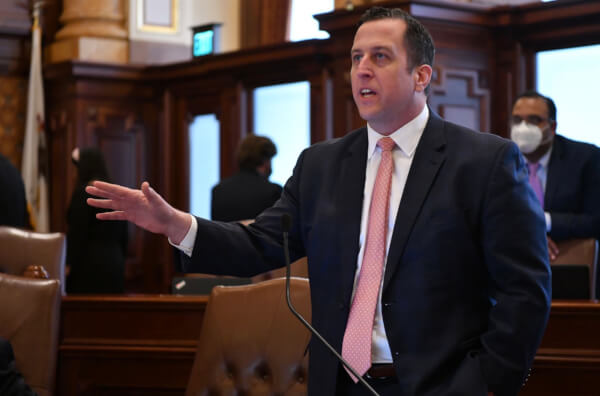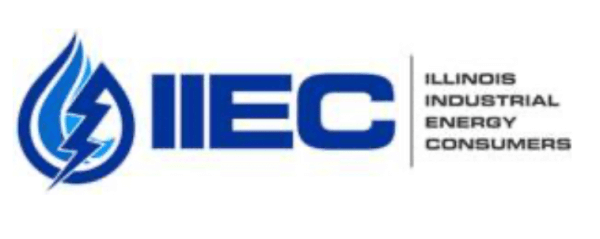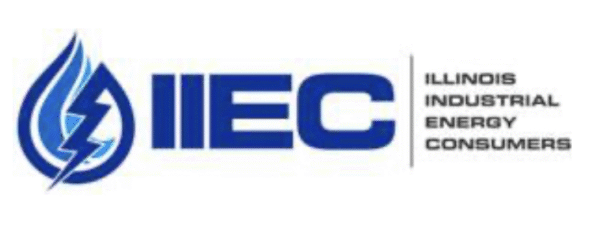
Click here to subscribe FREE to Ray Hanania's Columns
The Energy Omnibus Bill will increase rates over the rest of this decade as Illinois families and businesses toil under higher utility costs
Chicago, IL – The proposed Energy Omnibus Bill will increase rates over the rest of this decade as Illinois families and businesses toil under higher utility costs.
“The only result guaranteed in the Energy Omnibus bill is higher rate caps that will increase costs for the rest of the decade. At a time when household budgets are already under strain, intentionally raising consumers’ utility costs is deeply concerning,” said Phillip Golden, Chairman of the Illinois Industrial Energy Consumers (“IIEC”), a leading ratepayer advocacy group supporting an all-of-the-above energy strategy to help Illinois meet rising electricity demand.
“In addition to the guaranteed cost increase, the bill creates a new 20-year charge on consumers’ electric bills for battery storage without any accountability,” noted Golden. “IIEC supports SB2689 as an alternative approach to promote battery storage with developers being accountable for managing their costs.”
“Proponents of the Energy Omnibus bill point to forecasted savings, claiming the future benefits could outweigh higher utility bills in the next 3-5 years,” explained Golden. “However, in May, the Illinois Commerce Commission issued a legislatively-mandated report which concluded that customer payments likely would exceed the benefits.”
When the last major energy legislation, CEJA, passed in 2021, experts forecasted that between 2021-2031 Illinois ratepayers would save over $1.2 billion. However, between June 2022 and May 2025, energy costs in Illinois are actually $2.4 billion more than projected. To avoid a repeat, the General Assembly should afford more time for the public to consider the impact of the proposed legislation.
“Accurately forecasting power costs five years or more, simply can’t be done especially at a time of unprecedented demand growth. However, what the General Assembly can do is to find ways to eliminate or at least reduce ever-increasing costs to ratepayers.”
“Getting energy policy right to promote an affordable, reliable, sustainable and equitable energy future for Illinois is perhaps one of the greatest challenges for the next two decades,” opined Golden. “Passing legislation that guarantees higher utility bills in a condensed 6-day legislative session invites consequences that could have been avoided with more discussion.”
Alternative battery storage proposal gains momentum
The energy storage provisions of the Energy Omnibus bill are a major point of contention, but SB2689, sponsored by State Senator Willie Preston (D-Chicago) offers a workable alternative approach which will help Illinois meet its clean energy goals without forcing costs on ratepayers for the next two decades. The proposal gained momentum during the hearings last week.
The Illinois Finance Authority (IFA) confirmed that it finances energy infrastructure without putting taxpayers on the hook. Speaking to the House Executive Committee, Chris Meister, head of the IFA, noted that since 2018, no bonds issued by the IFA have been backed by taxpayers. He went on to say that his agency currently has secured financing for $24 billion dollars’ worth of infrastructure projects without ratepayer funding through utility bills.
“Placing all the financial risk on Illinois ratepayers is not the best way for Illinois to create an affordable, reliable, sustainable and equitable energy future.” Golden said. “We will continue to engage in meaningful, solution-oriented discussions with supporters of the Energy Omnibus bill now and during the Fall Veto and, if need the full legislative, session, on how this alternative proposal can meet their needs while not raising utility bills and putting ratepayers at risk.”
“Other states have effectively integrated renewables and storage without line items on customer’s utility bills. The General Assembly, as part of their civic duty to the citizens and ratepayers of Illinois, should complete a thorough and thoughtful review of the Energy Omnibus bill and SB 2689 before subjecting ratepayers to higher bills for the next two decades.”
IIEC is a coalition of energy-intensive industries and institutions across Illinois. United by a shared interest in energy policy and advocating for affordable, reliable and sustainable energy supply, the IIEC actively engages in utility regulation and legislative initiatives at both the state and regional levels on behalf of energy consumers. The organization also serves as a central hub for tracking and responding to developments that impact utility ratepayers and its members.
For more information, visit the IIEC website online at www.IIEC.info
— Press Release

- Hastings champions school safety with mobile panic alert bill - February 6, 2026
- Alderman Silvana Tabares (23) Announces Endorsement of Richard Boykin for 7th Congressional District Seat - February 6, 2026
- A father’s fight to save his bond with his son - February 5, 2026






















